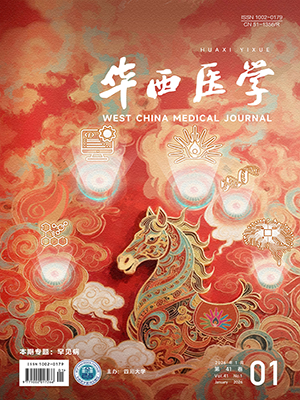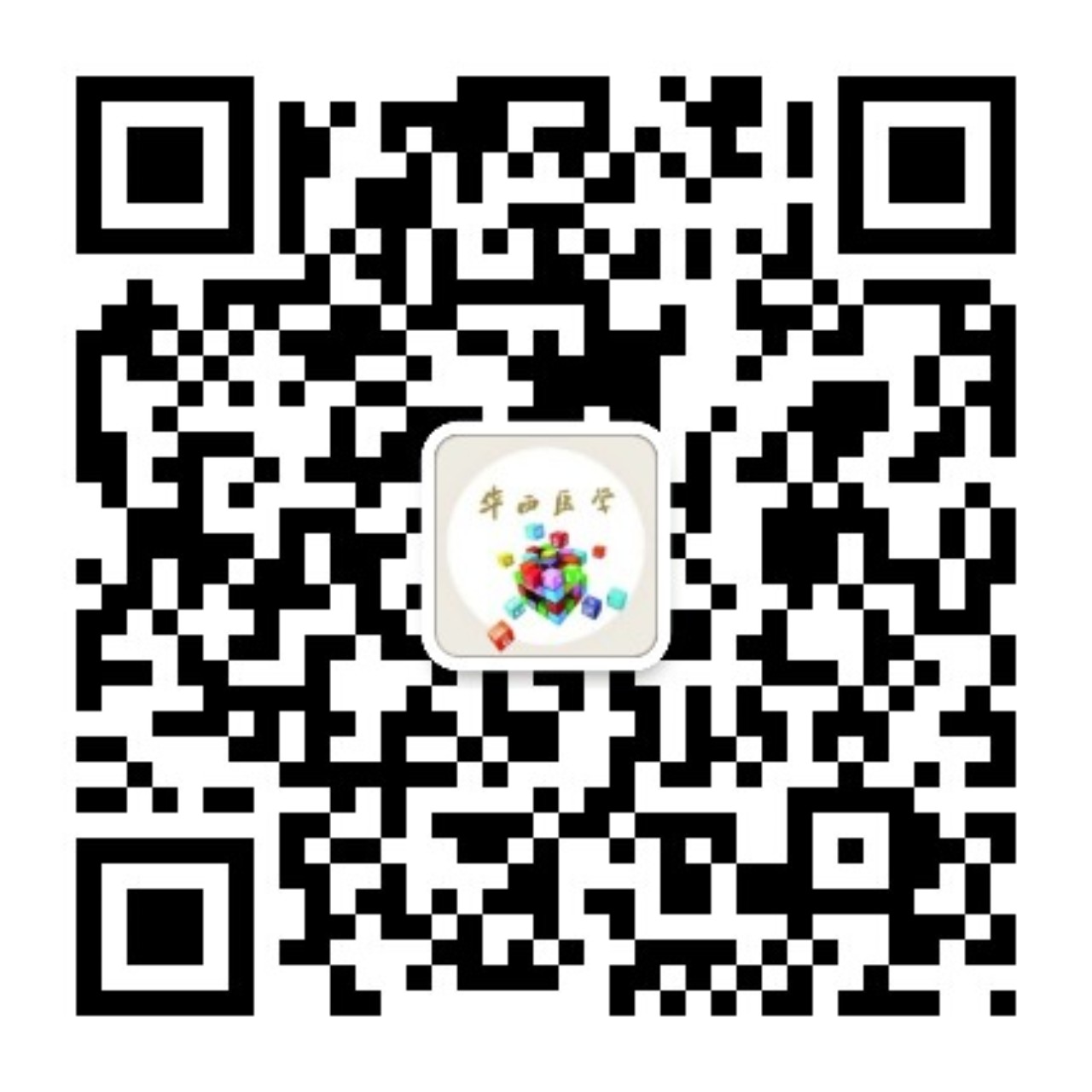| 1. |
Singhal K, Azizi S, Tu T, et al. Large language models encode clinical knowledge. Nature, 2023, 620(7972): 172-180.
|
| 2. |
Peng Y, Rousseau JF, Shortliffe EH, et al. AI-generated text may have a role in evidence-based medicine. Nat Med, 2023, 29(7): 1593-1594.
|
| 3. |
Moor M, Banerjee O, Abad ZSH, et al. Foundation models for generalist medical artificial intelligence. Nature, 2023, 616(7956): 259-265.
|
| 4. |
李璇, 李凱峰, 張桂菊. 中醫兒科基層從業人員臨床工作能力現狀分析及提升策略研究. 中國中醫藥現代遠程教育, 2023, 21(12): 178-180.
|
| 5. |
劉宇春, 杜雪平, 丁靜, 等. 0~3 歲兒童社區兒科門診就診需求研究. 中國全科醫學, 2020, 23(16): 1996-2001.
|
| 6. |
錢丹紅, 倪雙, 何海穎. 沉浸式情景游戲對兒科發熱門診患兒及家長心理彈性、依從性的影響. 齊魯護理雜志, 2023, 29(13): 9-13.
|
| 7. |
European Association Urology. EAU Guidelines. Milan: EAU Annual Congress, 2023.
|
| 8. |
Rush AJ, Trivedi MH, Ibrahim HM, et al. The 16-Item Quick Inventory of Depressive Symptomatology (QIDS), clinician rating (QIDS-C), and self-report (QIDS-SR): a psychometric evaluation in patients with chronic major depression. Biol Psychiatry, 2003, 54(5): 573-583.
|
| 9. |
Snaith RP. The Hospital Anxiety And Depression Scale. Health Qual Life Outcomes, 2003, 1: 29.
|
| 10. |
Zhavoronkov A. Caution with AI-generated content in biomedicine. Nat Med, 2023, 29(3): 532.
|
| 11. |
Zhu L, Mou W, Chen R. Can the ChatGPT and other large language models with internet-connected database solve the questions and concerns of patient with prostate cancer and help democratize medical knowledge?. J Transl Med, 2023, 21(1): 269.
|
| 12. |
Yeo YH, Samaan JS, Ng WH, et al. Assessing the performance of ChatGPT in answering questions regarding cirrhosis and hepatocellular carcinoma. Clin Mol Hepatol, 2023, 29(3): 721-732.
|
| 13. |
Gabrielson AT, Odisho AY, Canes D. Harnessing generative artificial intelligence to improve efficiency among urologists: welcome ChatGPT. J Urol, 2023, 209(5): 827-829.
|
| 14. |
Huang H, Zheng O, Wang D, et al. ChatGPT for shaping the future of dentistry: the potential of multi-modal large language model. Int J Oral Sci, 2023, 15(1): 29.
|
| 15. |
Davis R, Eppler M, Ayo-Ajibola O, et al. Evaluating the effectiveness of artificial intelligence-powered large language models application in disseminating appropriate and readable health information in urology. J Urol, 2023, 210(4): 688-694.
|
| 16. |
Cocci A, Pezzoli M, Lo Re M, et al. Quality of information and appropriateness of ChatGPT outputs for urology patients. Prostate Cancer Prostatic Dis, 2024, 27(1): 159-160.
|
| 17. |
Piazza P, Checcucci E, Puliatti S, et al. The long but necessary journey towards optimization of the cause-effect relationship between input and output for accountable use of ChatGPT for academic purposes. Eur Urol Focus, 2023, 9(6): 1065-1067.
|
| 18. |
馬武仁, 弓孟春, 戴輝, 等. 以 ChatGPT 為代表的大語言模型在臨床醫學中的應用綜述. 醫學信息學雜志, 2023, 44(7): 9-17.
|
| 19. |
李東洋, 劉秦民. 論 ChatGPT 在醫學領域可能帶來的倫理風險與防范路徑. 中國醫學倫理學, 2023, 36(10): 1067-1073, 1096.
|
| 20. |
李佩芳, 陳佳麗, 寧寧, 等. ChatGPT 在醫學領域的應用進展及思考. 華西醫學, 2023, 38(10): 1456-1460.
|




